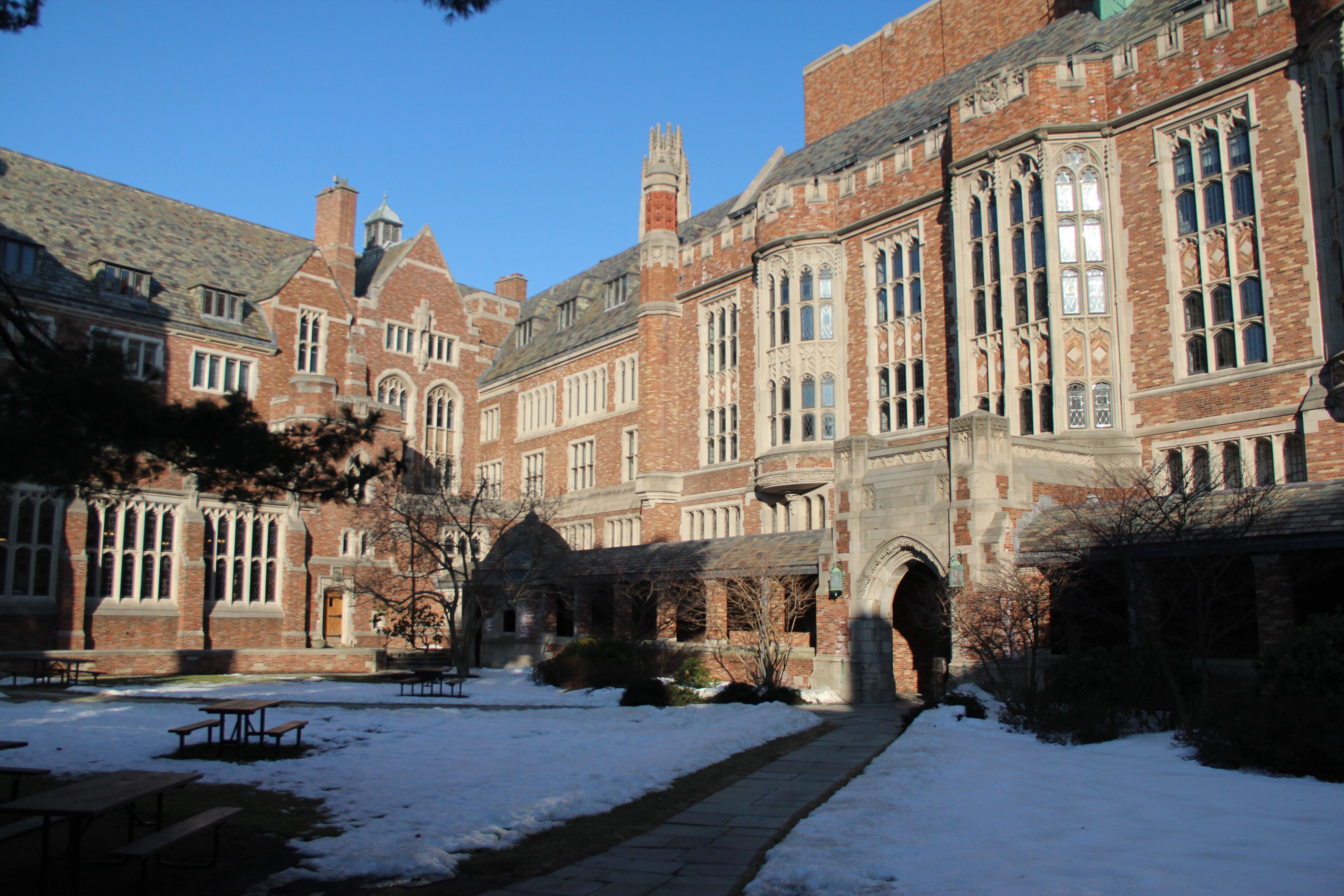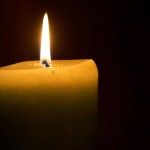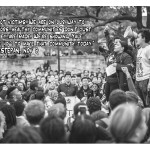by Alejandra Padín-Dujon
During his talk “Hispanics in the Legal Profession” at La Casa two weeks ago, alum Manuel del Valle (Law ’74) proclaimed the following to a packed house:
“It’s something you need to know, because it’s part of your history. A history of what? Of struggle.”
The “it” in question is Gonzalo v. Westminster, a 1947 federal court case that ended Anglo-Mexican segregation in public schools in Orange County, California. By reaffirming its importance, del Valle proposed three radical truths:
One: Latinos have a storied and unique history as residents of these United States.
Two: We have not just a right, but an obligation to know and honor this history.
Three: This history is characterized by energy and activism, subverting the myth that positive change is an automatic consequence of some fundamentally good American moral character.
Surpassing what was expected of him as a child from the New York City projects, del Valle earned degrees from Princeton, Yale, and the London School of Economics, all the while embodying the spirit of grassroots activism.
At Yale, del Valle worked with a close-knit group of friends to lobby the administration for funding to support Latino students, to establish Yale’s first Puerto Rican history seminar, and to found the Puerto Rican student organization Despierta Boricua, which remains active today. Del Valle laughs when recounting their proposal-writing campaign’s mantra: “We don’t have the money; you have the money. So, dish it out!”
Del Valle’s impassioned monologue, however, was not limited to the past. He spent a substantial amount of time offering advice on how to navigate academia and the legal profession with morals intact.
On lawyering: “Follow the trail of those who came before.”
On materialism: “Nothing wrong with making money—unless you become hostage to it.”
On leadership: “If you can’t follow, you can’t lead. If you can’t listen, you can’t lead.”
Between his boldness, charisma, and larger-than-life personal story, del Valle electrified the crowd at La Casa. His presence acted as a reminder that the building stands as a monument to militant student activism. He confirmed that La Casa is one of the few spaces on campus in which ethnic communalism can be celebrated and materialism disparaged. It is an environment in which language of moral obligation is not a hotly debated political philosophy, but a reality learned, cherished, and lived.



